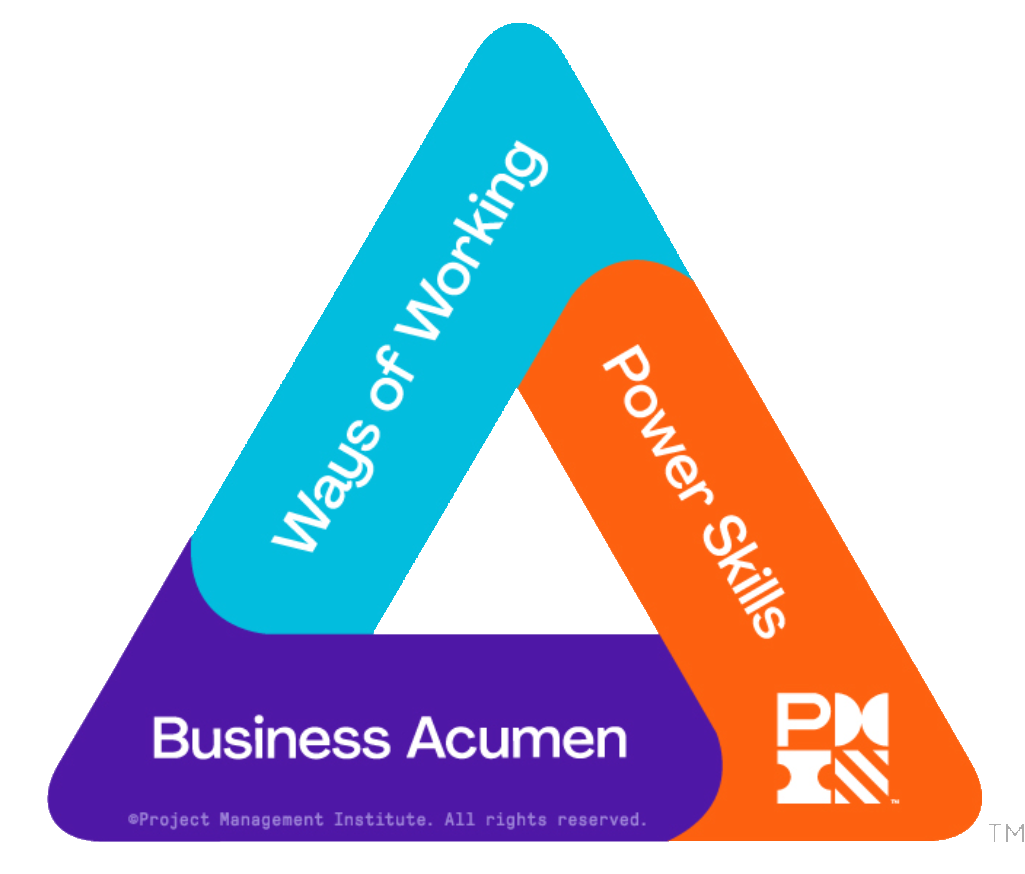Project Estimating
A project plan is only as good as the estimates it is based on. Because of the many difficulties in developing accurate estimates, however, many project managers and team members dread being asked, “How much will this cost?” or “How long will this take?”. But these questions must be answered–and consequently, project professionals can only benefit from improvements to their estimating skills and processes.
This workshop provides participants with both an estimating process model and a variety of estimating techniques– useful in all estimating modes; top-down, bottom-up, and constraint mode. Participants learn and practice techniques such as analogous estimating, the Delphi technique, three-point estimating (PERT), and parametric estimating. Students come away with a clear understanding of the many variables affecting effort, duration, and cost estimates.
This workshop utilizes brief lectures, guided discussion, individual and team skills practice in situational case studies and review exercises. At the end of each module, there is a review of key points and time set-aside for participants to write down ideas and techniques they intend to implement back on the job. Participants are encouraged to share experiences, ask questions, and participate in class discussions.
LEARNING OBJECTIVES
Participants will gain practical skills to:
- Apply a generic estimating process and employ standard estimating terminology.
- Select and apply appropriate estimating techniques.
- Clarify the estimating request and scope of work to avoid miscommunication.
- Document an estimate in a professional manner, listing assumptions, accuracy factor, and confidence level.
- Cite five organizational building blocks important for better estimating.
WHO SHOULD ATTEND
Current and aspiring project managers, sub-team leaders, and team members. Project clients, sponsors, and other stakeholders may also benefit.
PREREQUISITE
None, although a class in basic project management is recommended.
MATERIALS
You will receive a course binder containing copies of presentation slides, case studies, templates. exercises, and suggested solutions.
WHAT YOU WILL LEARN
|
Module 1 – The Politics of Estimating
Module 2 – Estimating and Communication
Module 3 – The Process and Techniques of Estimating
Module 4 – Organizational Support for Estimating
|

 The following table provides the breakdown of the professional development units (PDUs) for this course aligned with the PMI Talent TriangleTM.
The following table provides the breakdown of the professional development units (PDUs) for this course aligned with the PMI Talent TriangleTM.